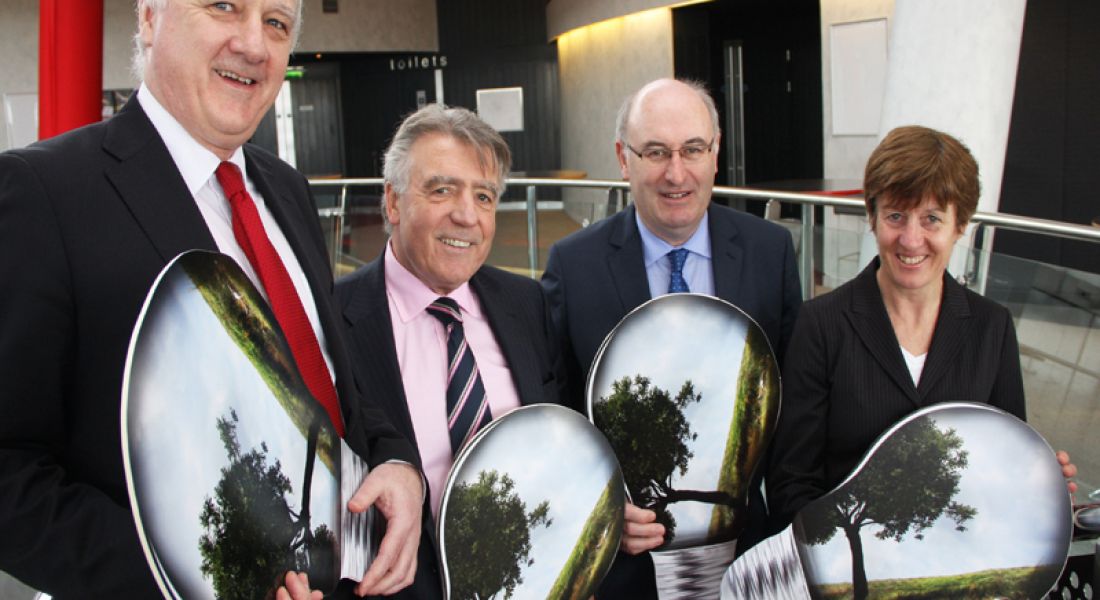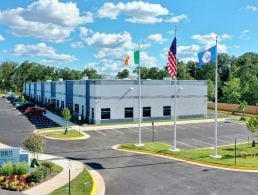Dublin City University (DCU) is launching a new master’s targeted towards the clean-tech sector. The aim of the MSc programme, which will be delivered online, is to upskill people around the management of companies in the clean-tech sector, covering areas such as energy efficiency and resource management.
The MSc in Management of Clean Technologies will be aimed primarily at science or engineering graduates who wish to develop their clean-tech skill sets. The two-year course will be taught via Oscail, DCU’s distance learning programme. Areas of study will include energy efficiency, water treatment, waste management and resource management.
The Minister for The Environment, Community and Local Government Phil Hogan, TD, launched the new master’s at DCU this morning, where he spoke about the role third-level institutions have to play in bringing about Ireland’s green economy.
He said technological innovation and new skills are necessary to fill the needs of the “fast developing” green-tech sector to open up new export markets and create more sustainable products for consumers.
“For a business to be successful and competitive in the long-term, the totality of its resources – be they environmental, economic or social – must be managed from a perspective that integrates the growing importance of clean technologies,” said DCU’s deputy president Jim Dowling.
He said one of the unique features of the programme is its delivery online to give students a deeper understanding of clean tech, irrespective of where they live.






